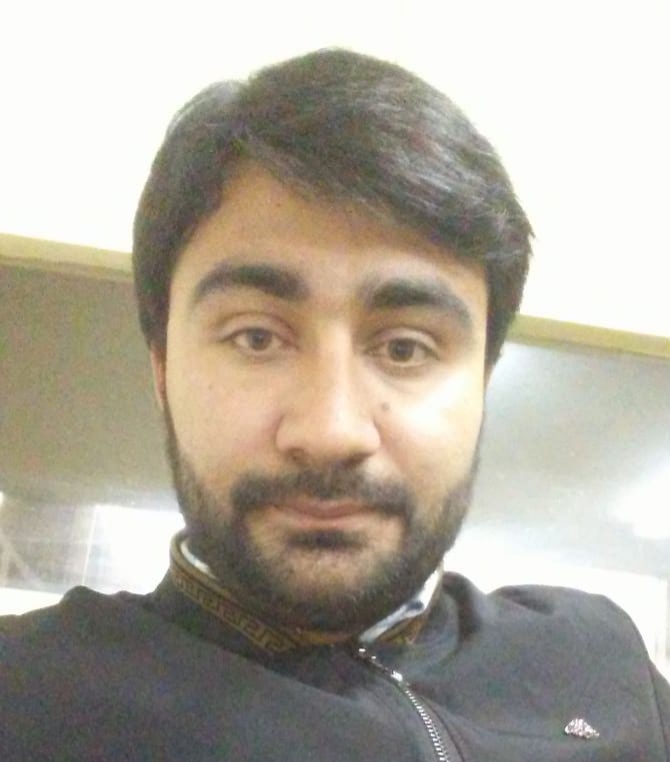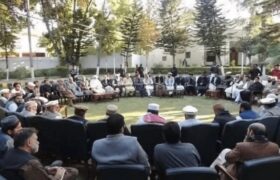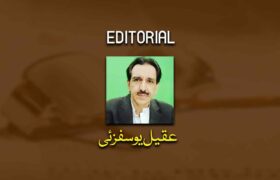In Pakistan, the toll of breast cancer is haunting: 109 women lose their lives to this relentless foe every 24 hours, culminating in over 40,000 deaths annually. This staggering number is exacerbated by the addition of 90,000 new breast cancer cases each year—a matter of grave concern that demands our attention.
October arrives with a splash of pink ribbons worldwide as Breast Cancer Awareness Month is celebrated. In Pakistan, the significance of breast cancer awareness is amplified, as it is a matter of life and death. Alarmingly, Pakistan bears the highest mortality ratio due to breast cancer among all Asian countries. Yet, despite the grim statistics, breast cancer remains shrouded in silence, a topic untouched due to societal stigmas.
According to Pink Ribbon, an organization working on Breast Cancer Awareness estimates that this disease, affecting approximately 77 percent of females over the age of 50, claims the lives of thousands of Pakistani women each year. The situation is dire, and the need for awareness is dire still. Unfortunately, cultural norms and values have deterred many from seeking the early detection that can make all the difference.
Every year, over 83,000 cases of breast cancer are reported in Pakistan, with nearly 40,000 women succumbing to this heart-wrenching condition. Early detection is a lifeline, and every woman should undergo a mammogram and a physical examination by a doctor every two years from the age of 40. Self-examination for lumps or abnormalities in the breast can also play a crucial role in the early detection of this disease. It is heartbreaking that many women perish due to a lack of awareness, as societal constraints and reluctance to discuss health issues hold them back.
Alia Aftab, a remarkable breast cancer survivor, poignantly shares her journey: “It all began two years ago when I found a lump in my breast. At just 28 years old, the idea of breast cancer hadn’t even crossed my mind. I had dreams, plans, and a life to live. But that small lump turned my world upside down.”
The day she received the diagnosis remains etched in her memory: “The doctor’s words echoed in my ears, ‘You have breast cancer.’ It felt like the ground beneath me had crumbled. I was scared, confused, and overwhelmed with emotions. But I knew I had to fight.”
Alia’s journey through treatment was an arduous rollercoaster. Chemotherapy sessions sapped her strength, but she clung to hope. Her family and friends were her unwavering pillars, offering solace during the darkest days. Moments of despair came, but she refused to surrender. She looked in the mirror and reminded herself, “I am more than my illness. I am Alia Aftab, a fighter.”
Radiation treatments followed, each day bringing her closer to healing. In the support group at the hospital, she found kindred spirits—brave women battling breast cancer. Together, they discovered the strength to persevere.
Dr. Hira Asim, a revered Consultant Radiation Oncologist, emphasized the pivotal role of early detection in breast cancer treatment, calling for an end to the stigma surrounding the disease. She stated, “Timely detection can save lives and open doors to a wider range of treatment options. We must shed light on this issue.”
Alia’s story stands as a testament to resilience and hope: “Today, I stand before you, a survivor. Breast cancer changed me, but it didn’t define me. It taught me that even in the face of adversity, we can find resilience and hope. It reminded me of the importance of early detection and regular check-ups.”
With unwavering determination, Alia sends a message to all those facing this battle: “You are not alone. Lean on your loved ones, find strength in your spirit, and never lose hope. Breast cancer is a formidable opponent, but with courage and determination, it can be defeated.”
While awareness of breast cancer has increased in Pakistan’s metropolitan areas, rural regions remain untouched. Government initiatives, such as SMS campaigns, recorded phone messages, and the display of pink on public and private buildings, are steps in the right direction. Yet, more must be done.
A nationwide, free screening campaign, particularly in underserved areas, is imperative. Female doctors and lady health workers should be deployed to make screening services more accessible and encourage participation. Early detection is our most potent weapon against breast cancer, and together, we can pave the way for a healthier, brighter future for all Pakistani women.





